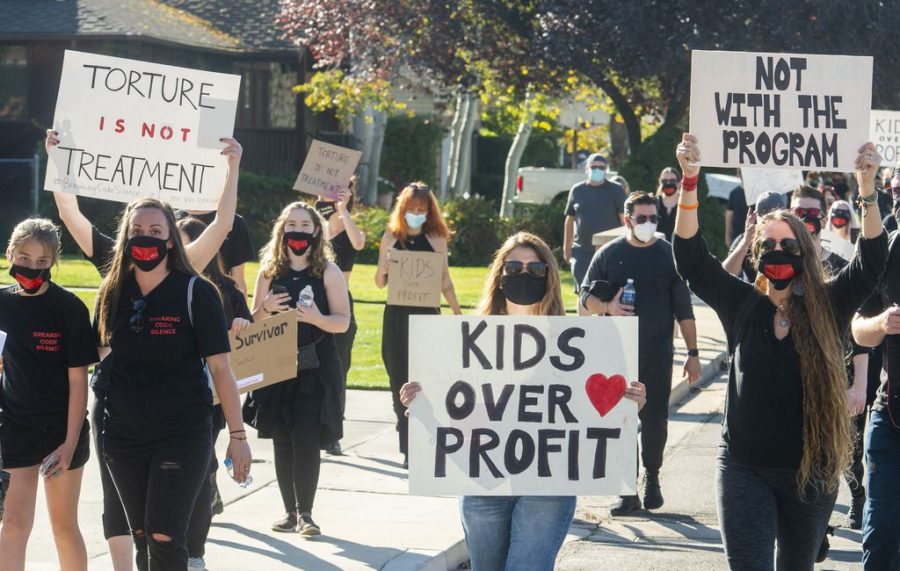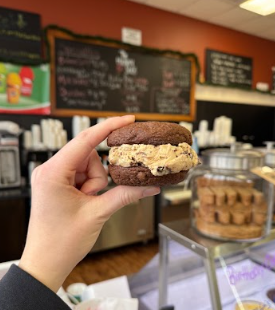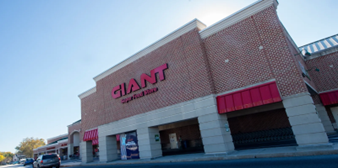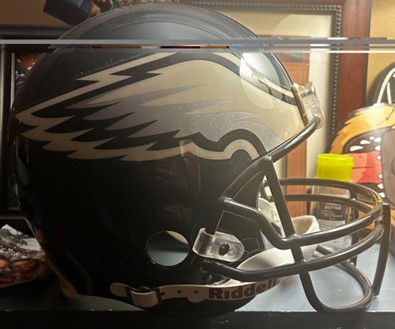Stop Institutional Child Abuse
An In-Depth Look Into the Troubled Teen Industry
October 9, 2020, protesters march for the closure of Provo Canyon School in Utah (photo courtesy The Salt Lake Tribune) https://www.sltrib.com/news/2020/12/02/utahs-troubled-teen/
As you drive in, dust blows into your eyes. By the time you’ve cleared them, the car has stopped. To your left is a horse pen, the right, a line of porta-potties, and in front of you is a long trailer. Later, you would come to learn that you were fortunate your father was able to bring you in himself; most of the other patients were taken in the middle of the night or escorted from a plane by people they had never met, often with a boot on their leg to prevent them from running. When you enter, you are greeted by two women, both donning walkie-talkies connected to the belts looped through non-descript blue jeans; the blond woman is wearing a blue athletic shirt, and the brunette, a purple one. Almost as though you were underwater, you hear the blonde woman tell your father that many of the girls had no idea COVID-19 existed because they arrived before it began. This is when you tune in. Your parents told you that this place was going to help you, and despite everything, you trust them, so you remain hopeful that maybe this is just the meeting place, and there is a hospital or a building where these women will transport you. When your father hugs you goodbye, you think nothing of it, because you believe you will only be in this foreign place for a week, two at most. You watch him pull away, and once he is out of sight, a tear escapes from your eye. Another brunette enters the room while the other leaves, and she instructs you to follow her into a van stalled outside. Once she guides you into the back, the blonde sits directly next to you, and the brunette gets in the driver seat. You ask how long you will be there. “As long as it takes you to get better,” she responds. “How long does that usually take?” Nobody answers you.
You are led into a small shack and told to strip completely. They direct you into a curtainless shower stall because you cry so hard, but tell you that you will ultimately have to undress. After much coercion, you take off your shirt and hand over your bra. Both women stare at you and make notes before emotionlessly instructing you to take off your pants and underwear. You do that too. You attempt to cover yourself as they look at you, but they bark to put your hands by your sides. “Squat,” the brunette says. You choke on your tears, but you squat. “Cough.” You nearly throw up from crying, but cough. They allow you a few minutes before ordering you to use the bathroom. When you try to close the door, the blonde stops it with her hand. She hands you a cup and tells you to urinate. She stares at you with cold eyes. You cannot urinate, so they tell you you will have to do this later in front of the other girls. You agree to her terms, and she hands you clothes. Written on the socks in puffy paint are someone’s initials. “KT,” you accidentally mouth to yourself. You had a name too, but they tell you that now, it is “8.” You are fourteen years old in the middle of the wilderness, and though you will not be permitted time alone, you will feel anything but for the next three months.
The previous story is a typical admission process for residential treatment or wilderness camps. Children are often subjected to strip searches, pat-downs, and supervised shower and restroom usage, beginning within the first few hours and sometimes continuing their entire stay. According to the National Youth Rights Association, withholding information is another common practice. Many counselors will refuse to answer seemingly basic questions to keep patients in the dark. If the children are permitted to communicate, they often learn about the program from longer-staying patients. The practice of silencing patients has spurred on the movement “Breaking Code Silence”, which brings awareness to the horrors of the industry.
Patients endure alleged therapies from these non-conventional, for-profit Residential Treatment (RT) Centers, including food and sleep deprivation, forced labor, verbal and physical abuse, and humiliation. In many accounts, there are children sentenced to solitary confinement, and countless more have detailed sexual abuse. In some cases, youths even died. The RT experience generally begins with teenagers escorted by strangers into vehicles, onto planes, and eventually into the camps. Unlike conventional RTs like hospitals, there is little to no legislation outlining guidelines for wilderness, boot, rehab, behavior modification, conversion, therapeutic boarding schools, or other TTI centers; parents can send their children away indiscriminately. RTs need parents’ permission to take the children, but there is rarely a screening process to decide whether the children require any intervention. Michelle Krtuza, a past patient at New Hope Wilderness Camp and a “breaking code silence” advocate on TikTok, believes she did not need her intervention. Krtuza was not addicted to any drugs, putting herself in any unsafe situations, or suffering from poor mental health; she was admitted because she did not adhere to the same beliefs as her parents, and to combat this, they sent her to New Hope. There is no license required to own and operate one of these facilities, and in line with this, whatever “treatment” she received was not only unhelpful but damaging. She spent only a month at New Hope, but after being discharged, she had virtually no relationship with her parents and moved out not long after.
In other cases, an intervention was necessary. Sometimes, parents have tried everything and feel they must send their children to receive these treatments in a last-ditch effort. Claire Huxford, another advocate on TikTok, attended Wingate Wilderness Therapy for just that reason. Her family had done all they could to stop her from putting herself in hazardous circumstances with older men and boys. It is impossible to know if a wilderness camp was the only way to help Huxford, but these camps are incredibly proficient at charming parents to believe it is so. According to the American Bar Association, the estimated collective profit of unconventional RTs each year is between $14.2 billion and $23 billion. The Troubled Teen Industry preys upon the fear and guilt of parents by promising safety, therapy, and tough love to help shape behaviors or assist in overcoming struggles. The National Youth Rights Organization uses “training children like dogs” to describe the actual process. Tactics such as manipulation and corporal punishment are not uncommon. The fallout from these emotional abuses and other disguised therapies consistently includes post-traumatic stress disorder, panic and paranoia disorders, among countless other disorders, and new or extenuated mental health struggles. “I was paranoid and thought they would send me away again if I made one wrong move,” said Huxford.
As stated by the ABA, in 2008, the U.S. Government Accountability Office published the report “Residential Programs: Selected Cases of Death, Abuse, and Deceptive Marketing.” This “identified thousands of allegations of abuse, some of which resulted in death, at residential programs across the country and in American-owned and American operated facilities abroad.” Although the GAO gathered this report 12 years ago, there is still no federal legislation addressing these programs. States have passed minor legislation with ambiguous guidelines, but they are by no means across the board, thus allowing parents to send their children to another state for treatment. The same source estimated that roughly 50,000 teenagers reside in some treatment program at any given time, and although some are established hospitals and rehabilitation centers, abuse is still common.
Although the Troubled Teen Industry may appear a distant concern with no effect on daily life, Pennsylvania itself has had RTs throughout the state. The East Coast is home to hundreds of reformatory boarding schools, and various lawsuits are pending against Glen Mills School, a reformatory academy in PA, which closed in 2019 over countless abuse allegations and the subsequent cover-up. The school was the oldest reform school in America and opened in 1826. Another facility, Thomas House, also recently lost its license for failing to adhere to government regulations. Residentials spanning the entire country have been found guilty of emotional and physical abuse and neglect, among other crimes. Past patients recount some of the most egregious stories of suicide, self-mutilation, the long-term effects of brainwashing, and the subsequent years spent trying to recover. Youth are treated not for their problem but as the problem; it is legalized child abuse. Deep pockets, under-regulation, and lack of other options keep these places running. Perhaps with a drastic and quick-moving update of government oversight and legislation, children can receive the help they are promised at RTs. For now, while lawsuits over abuse and emotional damages are the least startling cases to come out of these programs, the Troubled Teen Industry must be brought to a swift ending.
Brenna Broadbent, Grade 11. Interests/hobbies include traveling, debate team, and spending time with family. Broadbent's interest in writing spurred from...




